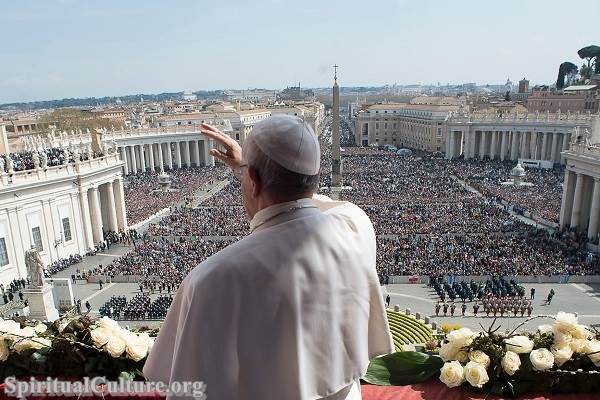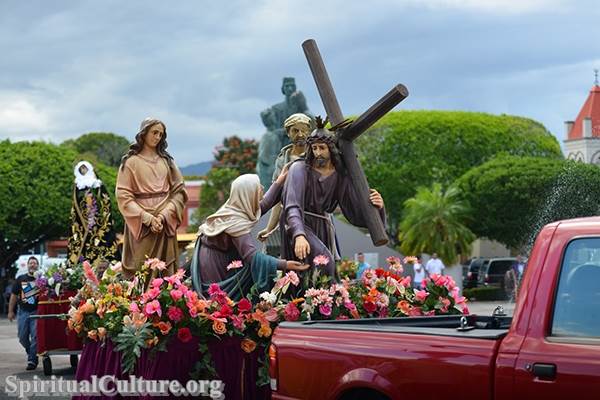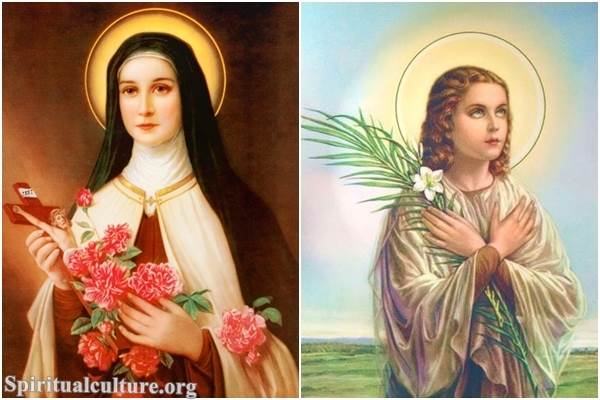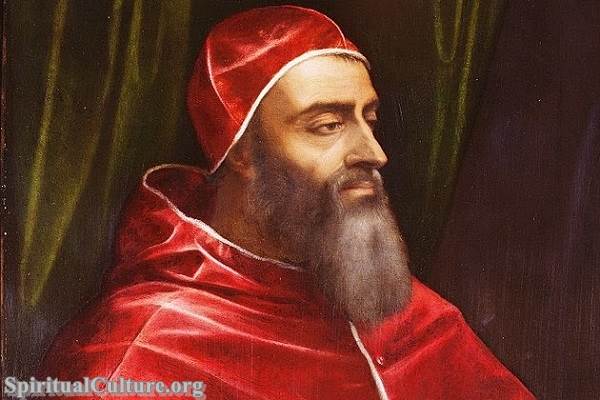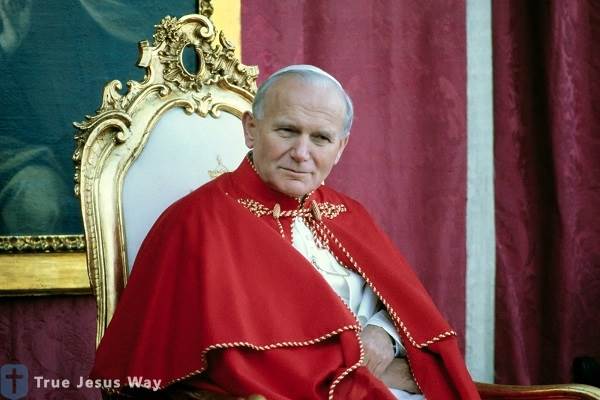Pope Pius IX, born Giovanni Maria Mastai-Ferretti, is an iconic figure in the annals of Catholic history. His 32-year pontificate from 1846 to 1878 is the second-longest in history, surpassed only by Saint Peter. His reign, filled with political turmoil and religious revival, was a pivotal period in the life of the Catholic Church. This article delves into Pope Pius IX’s influence on Catholicism and his role in shaping the Catholic Church.
Catholicism Under Pope Pius IX
Pope Pius IX was a product of his time, a period marked by revolutionary upheavals and the emergence of modernity. His pontificate was a time of great change, and he played a significant role in shaping Catholicism during this period.
One of the most significant aspects of Pope Pius IX’s influence on Catholicism was his proclamation of the dogma of the Immaculate Conception in 1854. This dogma, which asserts that the Virgin Mary was conceived without original sin, was a defining moment in the development of Catholic doctrine. This was a bold move that affirmed the Church’s faith in the divine motherhood of Mary, strengthening the Marian devotion among Catholics worldwide.
Pope Pius IX also convened the First Vatican Council in 1869, which was one of the most crucial events in the modern history of Catholicism. The Council, among other things, defined the doctrine of papal infallibility when speaking ex cathedra, i.e., when the pope, in his official capacity, defines a doctrine concerning faith or morals to be held by the whole Church. This was a significant development, reinforcing the authority of the papacy and the centralization of the Church.
Pope Pius IX’s Influence on the Catholic Church
Pope Pius IX’s influence extended beyond the realm of doctrine and into the political and social spheres of the Catholic Church. He was a strong defender of the Church’s temporal power, which came under threat during the Italian unification process. Despite losing the Papal States to the newly formed Kingdom of Italy, he continued to assert his authority, leading to the “Roman Question” that would only be resolved with the Lateran Treaty in 1929.
Moreover, Pope Pius IX was a champion of the poor and the marginalized. Before his election as pope, he worked extensively with orphans, hospitals, and the economically disadvantaged in his diocese. His encyclicals and apostolic letters often emphasized social justice, charity, and the moral duty of the rich towards the poor.
Pius IX’s pontificate was also marked by a significant increase in the number of Catholic missionaries, particularly in Africa and Asia. He emphasized the Church’s universal mission, leading to the spread of Catholicism beyond its traditional strongholds in Europe and the Americas.
Legacy of Pope Pius IX
Despite the controversies that marked his papacy, Pope Pius IX’s impact on Catholicism and the Catholic Church is undeniable. His reign was a period of significant doctrinal development, strengthening the Church’s position on key theological issues. His defense of the Church’s temporal power, despite significant political challenges, showcased his unwavering commitment to the Church’s independence.
Pope Pius IX’s dedication to the poor and the marginalized, coupled with his commitment to spreading Catholicism globally, shows a man deeply committed to the Gospel’s message. His legacy continues to be felt today, with his teachings and actions influencing the direction of the Catholic Church.
In conclusion, Pope Pius IX was a defining figure in Catholic history. His influence on Catholicism and the Catholic Church was profound and long-lasting. His reign, marked by significant doctrinal developments and an unwavering defense of the Church’s independence, continues to shape the Catholic Church today. His legacy is a testament to his deep faith, his commitment to the Church, and his dedication to serving the people of God.
